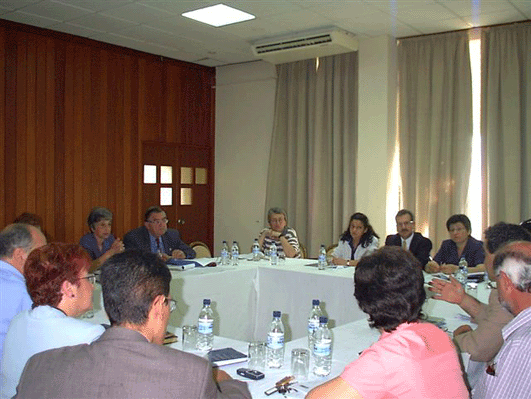Harmonisation of Higher Education Systems
Following the signing of the Bologna Declaration by European Ministers
of Education in 1999, higher education institutions started a process of
reform aimed at creating overall convergence at European level.
The process recognises that in spite of their valuable differences, European
higher education systems are facing common internal and external challenges
which can be met through common European action.
Some of the objectives of the action programme set out in the Declaration
are the adoption of a common framework of readable and comparable degrees;
the introduction of two main cycles (undergraduate and postgraduate)
in all countries; the introduction of ECTS-compatible credit systems as well
as the elimination of obstacles to the free mobility of students, academics
and administrators.
As part of an internal harmonisation process undertaken by the University
of Malta, and following discussions over the last 18 months with all the
stakeholders, the Senate has approved new regulations governing all undergraduate
awards, thereby establishing common University policies in a number of areas,
such as the number of credits required for University awards, assessments
and re-assessments, progression from one year to the next, as well as the
introduction of the European Credit Transfer System.
Most courses at the University of Malta have been running for many years
on a local credit system, which is compatible with the principles of ECTS.
Following Senate’s decision, it is envisaged that all courses, except Medicine
& Surgery and Dental Surgery, commencing in the next academic year (2003/2004)
will adopt the new ECTS system. This will further encourage European
students to come to Malta, thus enriching the University’s cross-fertilisation
in the academic field. It will also make the University’s degrees more
easily understandable by higher education institutions and employers in Europe
and elsewhere.
Professor Estela Pereira from the Universidade de Aveiro, Portugal, and Professor
Dr. Arne Van der Gen from the Universiteit Leiden, The Netherlands, two ECTS/DS
Counsellors, were recently in Malta to monitor the University’s implementation
of the European Credit Transfer System and to discuss with academics at the
University of Malta issues arising out of this exercise.
The visiting counsellors held meetings with senior University officials as
well as with academic representatives from the University’s faculties and
institutes and with the European Unit.
In line with current discussions at European level, the University is also
planning to introduce the Diploma Supplement - a detailed transcript
of academic record - which will be issued to all students at the end of their
course. Such a document would supplement the information the University
already provides in its transcripts. The Diploma Supplement
will be particularly useful for students wishing to pursue further
studies abroad or who might wish to take up employment in other European
countries.
21 May 2003

